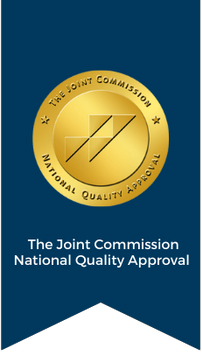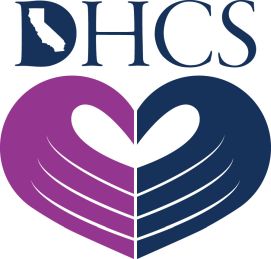Table of Contents
Welcome to California Wellness Center, a leading addiction treatment center in Mission Viejo. We understand that past traumatic experiences can significantly impact addiction and recovery. In this article, we will explore the importance of trauma-informed care and how it plays a vital role in addressing and healing from past traumas.
Understanding Trauma-Informed Care:
What is Trauma-Informed Care?
- Trauma-informed care is an approach that recognizes the widespread impact of trauma on individuals’ lives and aims to create a safe and supportive environment for healing. It acknowledges that many individuals struggling with addiction have experienced trauma and focuses on providing compassionate, understanding, and empowering treatment.
The Impact of Trauma on Addiction:
Trauma and Addiction: The Interconnected Relationship
Traumatic experiences can contribute to the development of addiction as individuals may turn to substances as a coping mechanism to numb or escape the pain of their trauma. Understanding this link is crucial for effective addiction treatment.
Trauma Triggers and Relapse
Unresolved trauma can serve as triggers for relapse. Without addressing past traumas, individuals may struggle to maintain sobriety when faced with reminders or situations that remind them of their traumatic experiences.
Implementing Trauma-Informed Care:
Creating a Safe and Supportive Environment
Trauma-informed care prioritizes creating an atmosphere of safety, trust, and respect. This includes training staff to recognize signs of trauma, utilizing trauma-sensitive language, and creating physical spaces that promote a sense of security.
Empowering Choice and Collaboration
Trauma-informed care encourages individuals to have a voice and choice in their treatment journey. Collaboration between the treatment team and the individual fosters empowerment, autonomy, and active participation in the healing process.
Healing Approaches in Trauma-Informed Care:
Evidence-Based Therapies for Trauma
Therapies such as Eye Movement Desensitization and Reprocessing (EMDR), Cognitive Processing Therapy (CPT), and Trauma-Focused Cognitive Behavioral Therapy (TF-CBT) are effective in helping individuals process and heal from past traumatic experiences.
Mindfulness and Self-Care Practices
Incorporating mindfulness and self-care techniques into the treatment plan can help individuals develop healthy coping strategies and manage the effects of trauma. These practices promote self-awareness, relaxation, and emotional regulation.
Supporting Long-Term Recovery:
Continued Trauma Support in Aftercare
Trauma-informed care extends beyond the initial treatment phase. Continued support in aftercare, such as trauma-focused support groups and ongoing therapy, helps individuals sustain their recovery and manage any lingering trauma-related issues.
At California Wellness Center, we are dedicated to providing trauma-informed care that addresses the underlying causes of addiction. If you or a loved one is struggling with addiction and past traumas, reach out to our compassionate team today. Together, we can embark on a healing journey toward a brighter future.
Contact us at 866-826-2779 or visit our website to learn more about our trauma-informed addiction treatment programs. Your path to recovery starts here.


